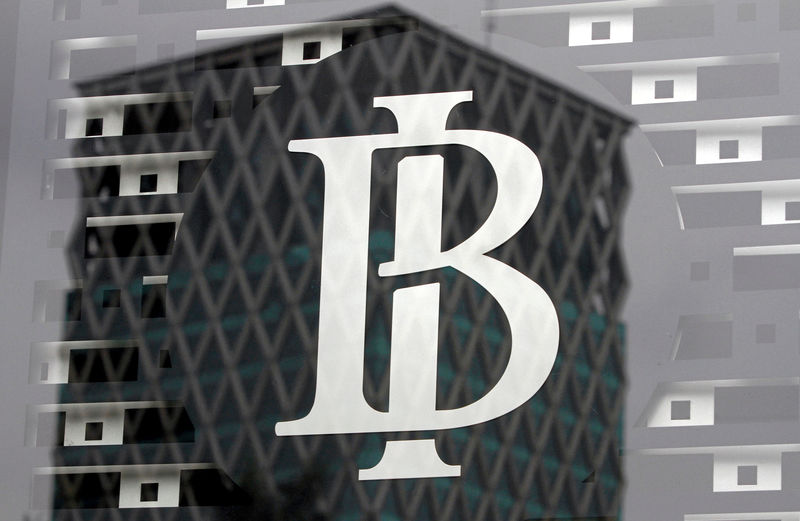By Gayatri Suroyo and Maikel Jefriando
JAKARTA (Reuters) - Indonesia's central bank, welcoming the Federal Reserve's forecast of no U.S. rate hikes this year, on Thursday kept its benchmark on hold to maintain financial stability while tweaking some rules to try to encourage more lending.
Bank Indonesia (BI) held its 7-day reverse repurchase rate steady at 6.00 percent, where it has been since November, as expected by all 20 analysts in a Reuters poll.
The decision came hours after the Fed abandoned projections for any rate hikes this year, sending the rupiah up 0.4 percent on Thursday.
Governor Perry Warjiyo told reporters after the meeting that global developments, including the Fed's latest statement, "will be more positive for capital inflows to emerging markets, including Indonesia."
BI was one of Asia's most aggressive central banks last year, raising the benchmark rate six times by 175 basis points to respond to the Fed's four rate hikes and to counter outflows that kept the rupiah under pressure for most of 2018.
This year, the rupiah has been generally appreciating due to inflows to Indonesia's equity and bond markets as major central banks around the world turned dovish.
BI still expected one more rate hike by the Fed through 2020, but sees the rupiah being stable this year, Warjiyo said.
"This is a 'dovish hold', said Satria Sambijantoro, an economist at Bahana Sekuritas in Jakarta. "BI signaled its readiness to support credit expansion, with tweaks on some macroprudential policy measures to support liquidity in the banking system."
BI will raise the guidance for where it wants banks to maintain its financing-to-funding ratio to a 84-94 percent range, from 80-92 percent range, effective July 1.
Warjiyo said the measure, which allows banks to manage a slightly higher liquidity ratio without being penalized, was aimed at getting banks to lend more.
LENDING LIFT
Meanwhile, he said BI had also been adding liquidity to the financial system since December through open market operations, estimating the cash injected so far at 459 trillion rupiah ($32.51 billion).
While banks on aggregate had "more than enough" liquidity, he said smaller banks were facing difficulties to expand lending due to funding constraints.
Warjiyo said the new moves would help accelerate lending growth to the upper end of the 10-12 percent outlook in 2019, without hurting stability.
Even so, BI still sees economic growth this year remaining in a range of 5.0-5.4 percent.
The latest measures announced by BI indicated it "was in little hurry to change interest rates," Capital Economics said, predicting no change in the benchmark rate this year.
In February, the annual inflation rate cooled to 2.57 percent, the slowest in nearly a decade and just above the lower end of BI's 2.5-4.5 target range for 2019. Warjiyo said inflation will remain within target until the end of the year.

The Philippine central bank, the second Southeast Asian one holding a policy meeting right after the Fed's, also kept its benchmark rate on hold, as expected.